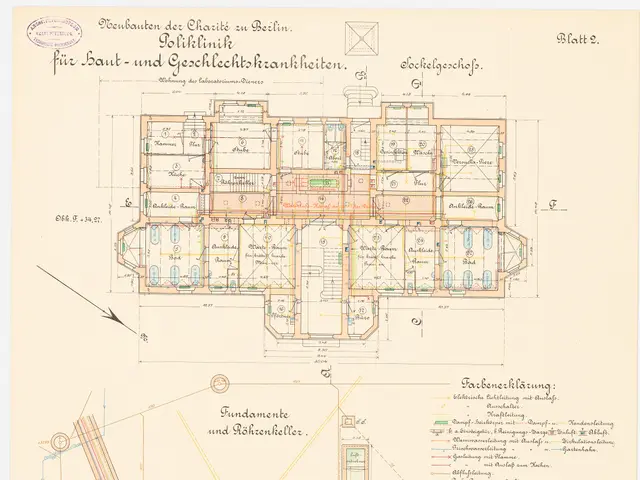Militarism's Financial Empire: The One Trillion Dollar War Industry
In a bold move, investigative journalist Hassan travels to Washington to delve into the influence of the global arms trade on US politics. The focus of Hassan's investigation is the "big five" corporations that dominate this industry: Lockheed Martin, Raytheon Technologies (RTX), Boeing, General Dynamics, and Northrop Grumman.
These companies, which have historically controlled the majority of Pentagon contracts and US military spending, have been at the forefront of US military spending, with the US military budget approximating a trillion dollars. The United States, as the largest exporter of weapons globally, accounts for more than 40% of all arms sold.
Hassan's investigation reveals that these corporations employ various tactics to exert influence on US politics. One of their primary methods is campaign financing, where they contribute large sums to the election campaigns of influential politicians, often those sitting on defense and appropriations committees.
In addition to campaign financing, these corporations maintain extensive lobbying operations in Washington D.C. to shape defense policy, procurement decisions, and favorable legislation. They also fund defense-related think tanks that promote narratives and policies aligned with their business interests.
Another tactic employed by these corporations is the "revolving door" employment, where many former politicians and government officials join these companies or their affiliated venture capital firms after public service, facilitating insider influence.
Moreover, the Big Five leverage emerging military tech alliances to maintain their market dominance. While new military tech firms backed by influential figures also use similar strategies, this indicates an entrenched defense sector influence on politics.
Hassan's investigation also uncovers that the revenues of these "big five" corporations have increased significantly since the start of the wars in Gaza and Ukraine, suggesting a direct correlation between conflict and profits for these defence giants.
In summary, these five defense giants use a combination of direct financial contributions, lobbying, think tank funding, and personnel exchanges to secure and maintain their market dominance and influence US defense policies aligned with their financial interests. The public should remain vigilant and informed about the influence of the arms industry on the political landscape.
- The Big Five defense corporations, including Lockheed Martin, Raytheon Technologies, Boeing, General Dynamics, and Northrop Grumman, not only have a significant impact on US military spending but also exert influence on US politics through various tactics like campaign financing, lobbying, think tank funding, and personnel exchanges.
- The arms industry's financial interests are aligned with the military technologies these corporations develop and the policies they lobby for, as indicated by their increased revenues during conflicts like those in Gaza and Ukraine.
- The strategic utilization of these tactics by the defense sector demonstrates the deep-rooted influence of the arms industry on the political landscape, emphasizing the need for public vigilance and a better understanding of these industry-political dynamics.








